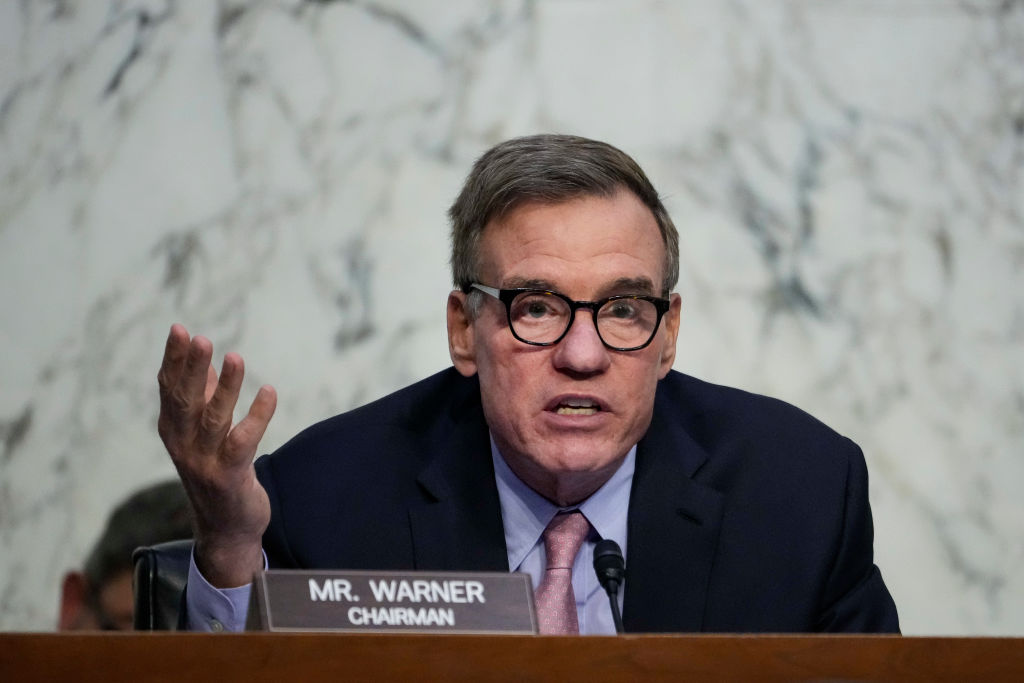Nearly a week after the last American C-17 flew out of Kabul, the Biden administration remains in the middle of a firestorm. Lawmakers are shouting about what they consider a botched withdrawal and evacuation process from Afghanistan.
Calls for oversight and accountability on Capitol Hill go beyond President Biden’s traditional opponents. Multiple Senate committees are planning to conduct investigations into why officials weren’t prepared for worst-case scenarios, why the administration believed the Afghan army could hold out longer than it did, and why tens of thousands of Afghans who assisted the US military during the war were unable to be airlifted out of the country.
‘We owe those answers to the American people and to all those who served and sacrificed so much,’ Senate Intelligence Committee Chairman Mark Warner wrote in an August 16 press release. As a sign of its displeasure over how events have transpired, the House Armed Services Committee added several amendments to the annual defense policy bill demanding more information from the Biden administration about its Afghanistan withdrawal plans.
Usually these kinds of inquiries are the cost of doing business. Congress, after all, is the chief oversight branch of the federal government. Hauling executive branch officials up to Capitol Hill for testimony is the very essence of the separation of powers and a core tenet of the US Constitution.
Even so, it’s rich that lawmakers are suddenly concerned with how things are going in Afghanistan, as if Congress just now discovered that a war was on. Sure, the various committees are entitled to ask questions, just as they are entitled to answers from the Biden administration. But Congress owes the American people an answer to a fundamental question as well: why, despite the pile of mistakes successive US administrations have committed over the war’s 20-year lifespan, is Congress now just getting around to the issue?
The lack of interest is not only disheartening, it likely contributed to an inertia that helped extend America’s involvement in an intra-Afghan civil war.
In addition to being the longest war in US history, the war in Afghanistan was also one of the least transparent and most dishonest. Senior US military commanders and defense officials spent considerable energy selling the American public a bill of goods. The examples are nearly as endless as the war itself.
Take David Petraeus’s assertion in a 2010 interview with the New York Times that the increased tempo of offensive US operations had ‘halted‘ the Taliban’s momentum on the battlefield. Or Gen. John R. Allen’s 2012 op-ed in the Washington Post in which he assured the public that Afghanistan was on the cusp of a better security situation. Or Gen. Joseph Dunford’s contention in testimony to the Senate Armed Services Committee that the Afghan security forces ‘proved capable of securing the Afghan people, fighting their own battles, and holding the gains achieved by ISAF over the last decade.’ And of course who could forget the ‘we have turned a corner‘ assessment from Gen. John Nicholson back in November 2017, which encapsulated just how captivated the commanders by their own propaganda?
Where was Congress when these assertions were being made? Largely MIA. To the extent there was any questioning at all, it consisted largely of committee chairmen nodding their heads in agreement with what the commanders were saying. ‘Significant military progress has been made in Afghanistan,’ the late senator John McCain said during a 2012 speech to the Carnegie Endowment for International Peace. ‘The security picture [in Afghanistan] has changed very much for the better,’ the late senator Carl Levin told an audience at the Council on Foreign Relations a year later. If you didn’t know any better, you might have thought these comments were coming from the generals themselves.
As the 20-year war progressed, congressional oversight was limited to a few open hearings with so-called experts on the war. When US officials responsible for Afghanistan policy were solicited to Capitol Hill, the briefings tended to take place behind closed doors, out of sight of an American public that was financing the war to the tune of tens of billions of dollars a year.
The Senate Armed Services Committee hasn’t had an open hearing with a US official directly involved in the war effort since June 2018, when Gen. Austin Scott Miller was auditioning for the job as top US commander. The Senate Foreign Relations Committee’s April 2021 hearing with US special representative Zal Khalilzad was the first time in nearly three years that the panel devoted a public hearing to Afghanistan with a government witness whose remit focused exclusively on American policy toward that country. The House of Representatives hasn’t been much better.
By all means, it’s the prerogative of Congress to launch whatever investigation it wants. It’s also incumbent upon the executive branch to cooperate with those investigations.
But don’t be fooled: lawmakers could have done their due diligence several presidents ago. Instead, they obfuscated, took the assessments of the commanders for granted, parroted optimistic projections, and helped keep a futile war going — one that should have ended after al-Qaeda and the Taliban were clobbered in early 2002.
Daniel R. DePetris is a fellow at Defense Priorities and a foreign affairs columnist at Newsweek.


















